Henry Hampton, creator and executive producer of the acclaimed PBS series Eyes on the Prize, and Steve Fayer, series writer, draw upon nearly one thousand interviews with civil rights activists, politicians, reporters, Justice Department officials, and hundreds of ordinary people who took part in the struggle, weaving a fascinating narrative of the civil rights movement told by the people who lived it.
Table of Contents
Preface: Toward a More Perfect Union
- Emmett Till, 1955: “I Wanted the Whole World to See”
- The Montgomery Bus Boycott, 1955-6: “Like a Revival Starting”
- The Little Rock Crisis, 1957-58: “I Had Cracked the Wall”
- Student Sit-ins in Nashville, 1960: “A Badge of Honor”
- Freedom Rides, 1961: “Sticks and Bricks”
- Albany, Georgia, 1961-2: “The Mother Lode”
- James Meredity Enters Ole Miss, 1962: “Things Would Never Be the Same”
- Birmingham, 1963: “Something Has Got to Change”
- Organizing in Mississippi, 1961-3: “The Reality of What We Were Doing Hit Me”
- The March on Washington, 1963: “They Voted with Their Feet”
- The Sixteenth Street Church Bombing, 1963: “You Realized How Intense the Opposition Was”
- Mississippi Freedom Summer, 1964: “Representation and the Right to Participate” 13. Selma, 1965: “Troopers, Advance”
- Malcolm X (1925-1965): “Our Own Black Shining Prince!”
- The Lowndes County Freedom Organization, 1965-6: “Vote for the Panther, Then Go Home”
- The Meredith March, 1966: “Hit Them Now”
- Chicago, 1966: “Chicago Was a Symbol”
- Muhammad Ali, 1964-7 “His Philosophy Made It Impossible Not to Take a Stand”
- Birth of the Black Panthers, 1966-7: “We Wanted Control!”
- Detroit, 1967: “Inside of Most Black People There Was a Time Bomb”
- The Election of Carl Stokes, 1967: “We Had to Be Organized”
- Howard University, 1967-8: “You Saw the Silhouette of Her Afro”
- King’s Last Crusade, 1967-8: “We’ve Got Some Difficult Days Ahead”
- Resurrection City, 1968: “The End of a Major Battle”
- Ocean Hill-Brownsville, 1967-8: “Everything Became More Political”
- The Black Panthers, 1968-9: “How Serious and Deadly the Game”
- Attica and Prisoners’ Rights, 1971: “There’s Always Time to Die”
- The Gary Convention, 1972: “Unity Without Uniformity”
- Busing in Boston, 1974-6: “As if Some Alien Was Coming into the School”
- Atlanta and Affirmative Action, 1973-80: “The Politics of Inclusion”
Epilogue: From Miami to America’s Future
Through the words of the victims, the villains, and the victorious, who together changed the course of America’s sadly racist history. Voices of Freedom gives us the opportunity to glimpse the shining spirits of our heroic people, black and white, female and male, often through chuckles and often through tears. — Alice Walker, author of The Color Purple

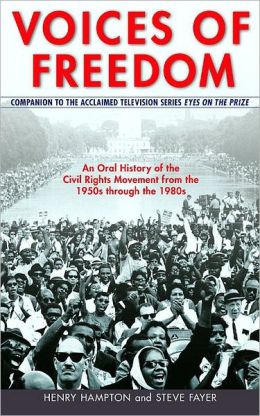
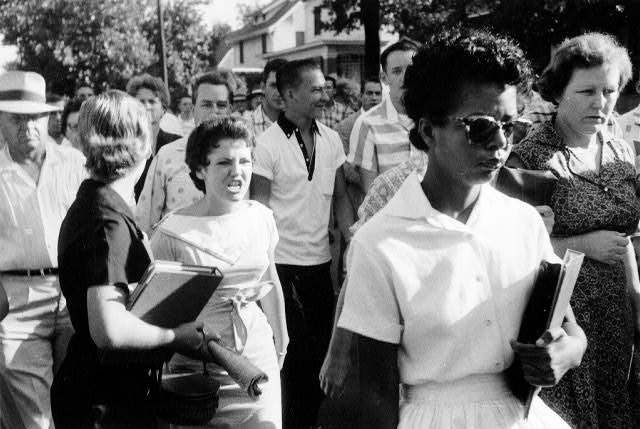
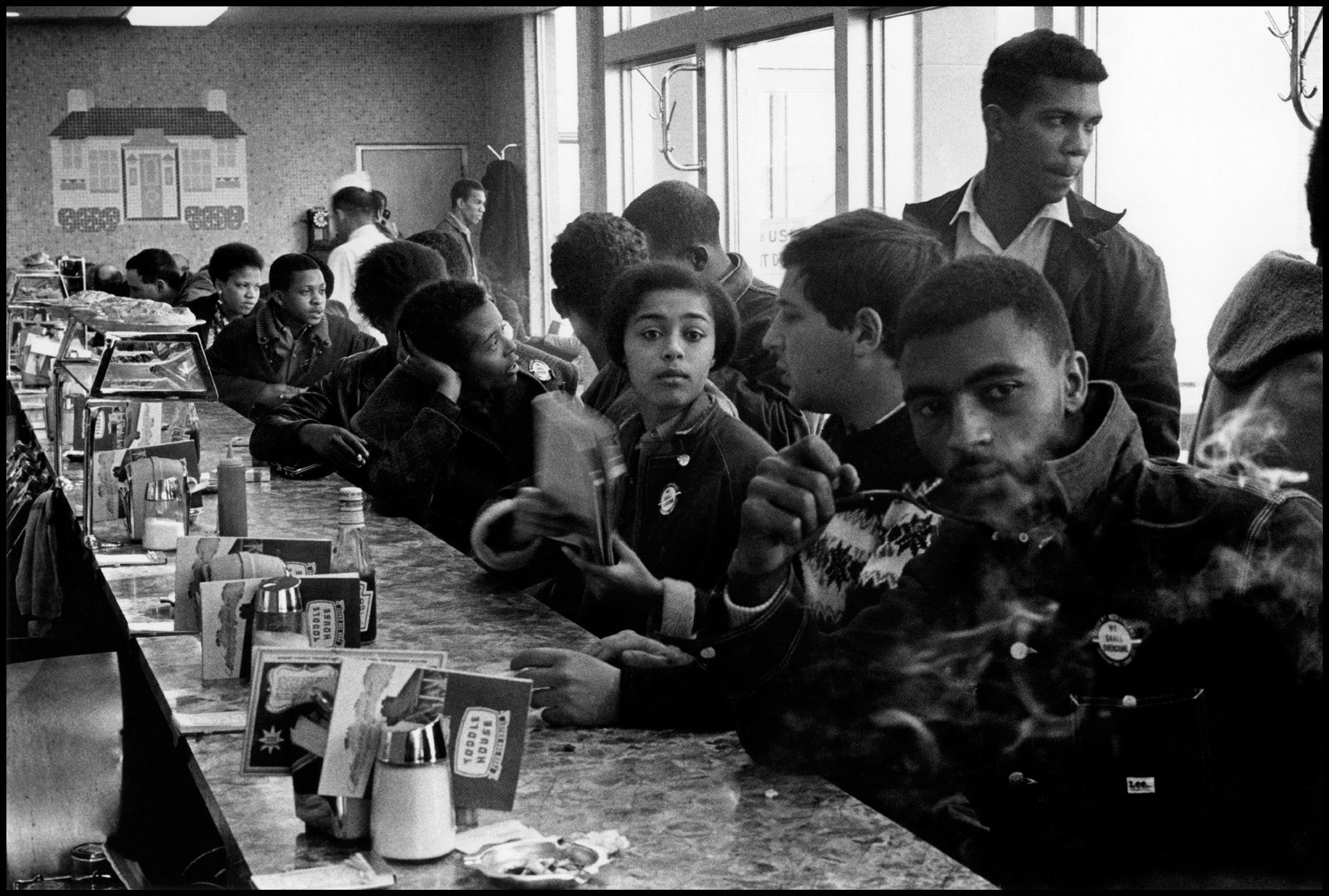
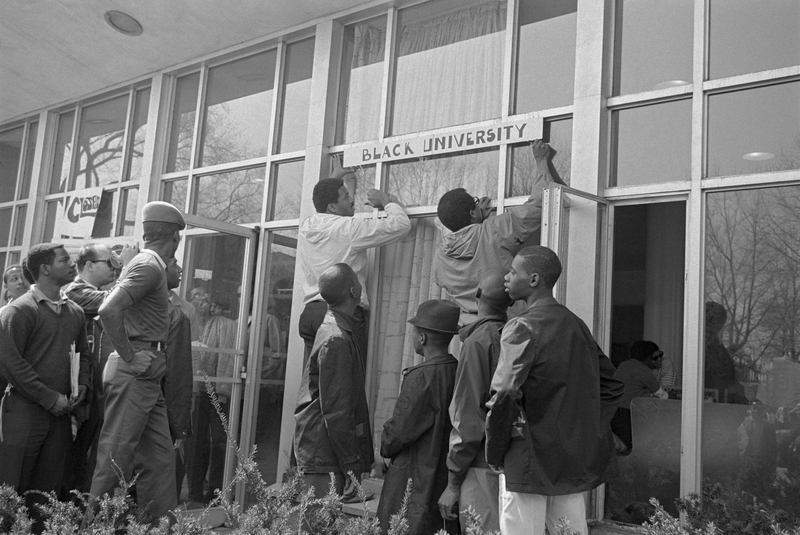
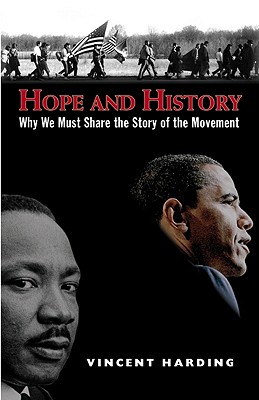
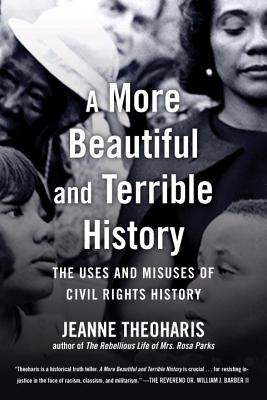
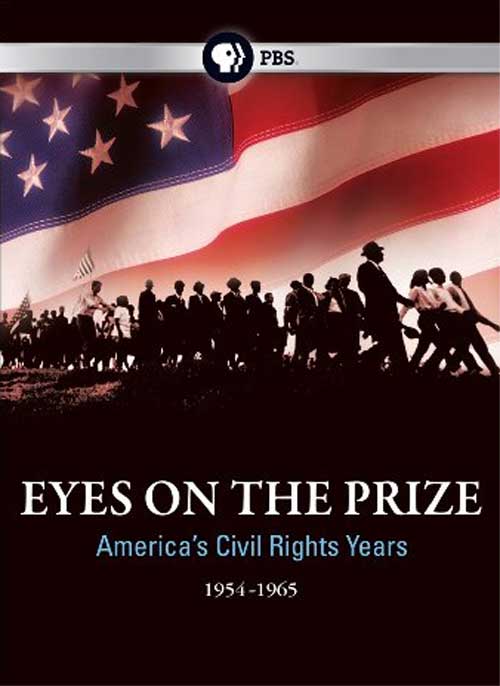






Twitter
Google plus
LinkedIn